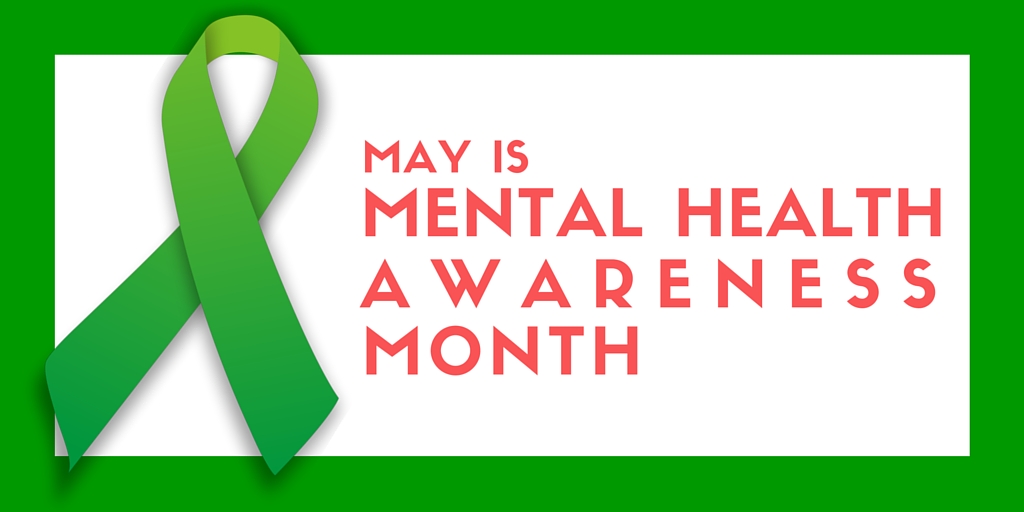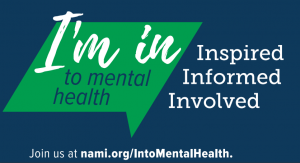May is Mental Health Awareness Month. I’ve shared my mental health story before, and today I want to point you to the NAMI (National Alliance on Mental Illness) “I’m Into Mental Health” campaign to learn more about mental health and ending the stigma.
According to a study conducted by Focus on the Family and Lifeway Research:
76% of pastors agree that a Christian with an acute mental illness can thrive spiritually regardless of whether or not the illness has been stabilized
28% of individuals with acute mental illness agree their mental illness hurt/hurts their ability to live like a Christian
You can find the full report at lifewayresearch.com/mentalillnessstudy.
To be honest, I would have thought those numbers reversed. And while I’m happy they’re not, I wonder what the numbers would be filtered by multicultural groups. According to NAMI, 13.9% of Asian adults live with a mental health condition, and multicultural groups face higher levels of stigma, less access and less likely to receive treatment, and lower rates of health insurance. We can infer that though the prevalence rate of mental health conditions among multicultural groups are low, those numbers only reflect reported cases.
The stigma is high among multicultural groups, and I wouldn’t be surprised if it’s reflected in multicultural churches. Mental health is still a hushed topic and I still hear pastors and leaders flick them away with comments like, “You wouldn’t be depressed if you loved God” or “Just pray and spend time with God and you wouldn’t be depressed.”
As much as I believe in the power of God and prayer, I also know He doesn’t heal everyone instantly. We’re not all given miraculous healing, and that’s not a reflection of our faith or Christian life.
I’m starting to feel like a broken record because I’ve said all these before. But we cannot stop talking about mental health because open and honest conversations can help end the stigma and help start the healing process for others.
So I’ll say it again. Having a mental health condition isn’t a reflection of your faith or Christian life. It’s not a consequence of or punishment for sin. It’s not a sign that you need to try harder at spiritual disciplines (ie: prayer, fasting, etc.). It’s not an indicator of some Christian hierarchy level.
What it is, is part of this messy thing called life. Nobody’s exempt from mental health conditions. There’s no one answer fits all. My Sunday school students might disagree, raise their hands, and answer, “Jesus.” Then again, they answer “Jesus” to every question.
And yes. In the simplest of all things, Jesus is the answer. In the big God story for the world where all things fade away and our true nature is eternal, God is the answer. But in the details of our lives, which God cares about just as much as the big picture, God gave us answers in the people trained and available to help. In our broken lives, God answers with miracles and with community. With His touch and with the touch of others.
It’s time we change our language, don’t you think? Pledge to be #stigmafree.



